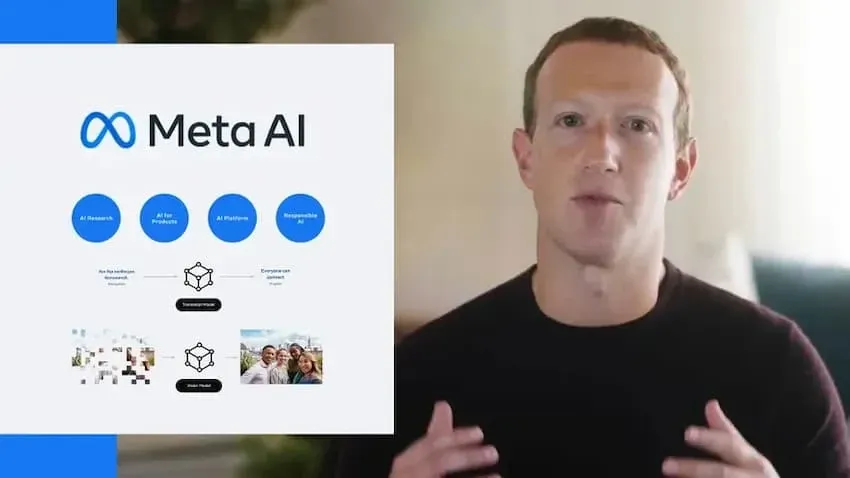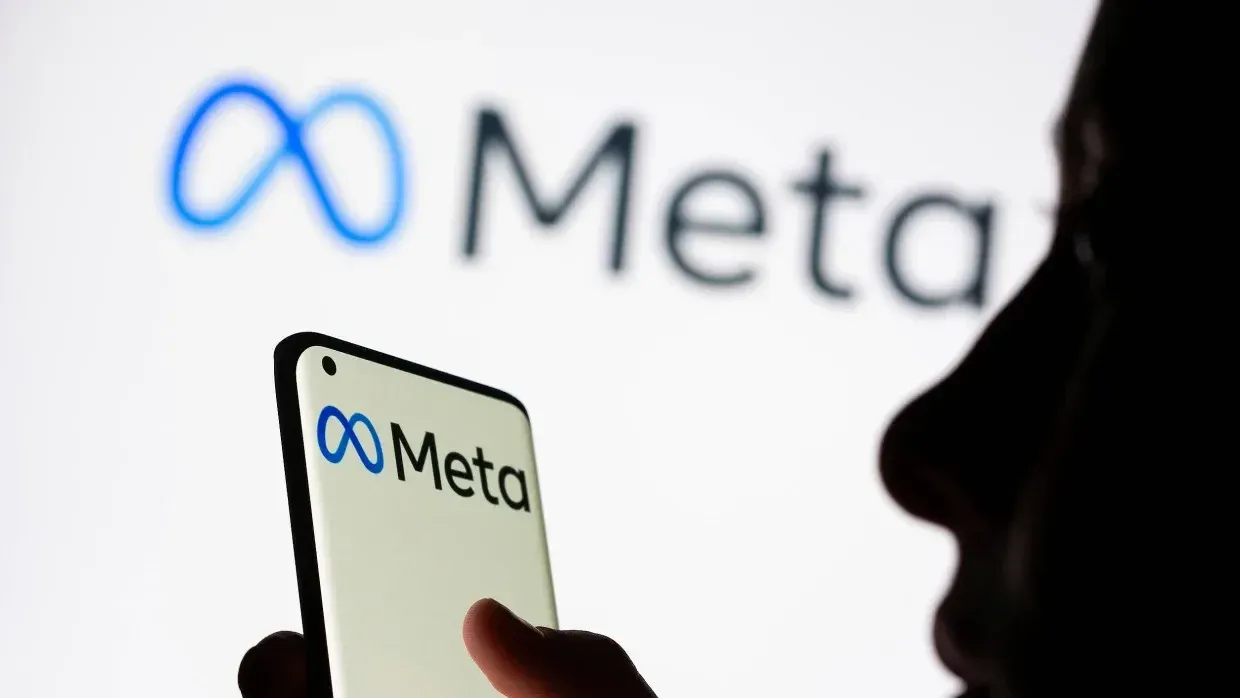Meta to leverage X’s algorithm for “Community Notes,” aiming for less bias and wider reach. Is this a revolution or a risky roll of the dice?
The Digital Arena: Where Truth Gets Crowdsourced
The digital landscape is a battlefield, where information clashes and truth becomes a slippery concept. In a move that has sent ripples through the tech world, Meta, the behemoth behind Facebook, Instagram, and Threads, has announced a radical shift in its approach to combating misinformation. They are embracing the open-source algorithm developed by Elon Musk’s X (formerly Twitter) for their “Community Notes” feature. This isn’t just a tweak; it’s a fundamental change in how Meta plans to handle the deluge of potentially false information that floods its platforms daily.
For years, Meta relied on third-party fact-checking organizations, a system that drew sharp criticism from conservative voices who argued that their perspectives were unfairly labeled as misinformation. Now, Meta is betting on a crowdsourced model, believing it will be “less biased” and more scalable. But is this a leap forward, or a plunge into uncharted, potentially turbulent waters?
The Seeds of Change: From Expert Verdicts to Community Voices
“We don’t want to be the arbiters of truth,” a Meta spokesperson stated in a recent blog post, referencing the company’s initial 2016 foray into fact-checking. This sentiment reveals a deep-seated tension within Meta—a desire to address misinformation without assuming the role of a digital judge. The traditional model, while well-intentioned, often faced accusations of partisan bias.
“It felt like we were constantly walking a tightrope,” a former fact-checker, who wished to remain anonymous, confided. “Every decision was scrutinized, every label challenged. There was a genuine desire to get it right, but the sheer volume of information, and the diverse perspectives, made it incredibly challenging.”
The “Community Notes” feature, now powered by X’s algorithm, aims to shift this dynamic. Instead of relying on a select few experts, Meta is inviting its users to contribute to the fact-checking process. The company has already amassed 200,000 potential contributors, a testament to the public’s desire to participate in shaping the information landscape.

How it Works: A Symphony of Diverse Viewpoints
The core principle behind “Community Notes” is to ensure that notes are only published if they achieve consensus among contributors with diverse viewpoints. This is achieved using the X algorithm, that Meta plans to further develop. This method prevents any single group from dominating the narrative, aiming for a more balanced representation of truth.
“Imagine a digital town hall,” a Meta engineer explained, “where everyone has a voice. The algorithm sorts through the noise, highlighting notes that resonate with a broad spectrum of users. It’s not about majority rule; it’s about finding common ground.”
However, this approach raises critical questions. Can an algorithm truly discern between legitimate viewpoints and orchestrated misinformation campaigns? Will the “wisdom of the crowd” prevail, or will it succumb to the loudest, most persistent voices?
The Skeptics’ Warning: A Tidal Wave of Falsehoods?
Misinformation scholars have expressed significant concerns about Meta’s move. They fear that the crowdsourced model could inadvertently amplify false claims, creating an environment where conspiracy theories and fabricated narratives thrive.
“The internet is already awash with misinformation,” warns Dr. Eleanor Vance, a leading researcher in digital media studies. “By shifting away from expert fact-checking, Meta risks opening the floodgates. The algorithm might be sophisticated, but it’s still vulnerable to manipulation. The sheer volume of content is staggering, and even with 200,000 contributors, it’s a drop in the ocean.”
The challenge is immense. Meta’s platforms are used by billions of people worldwide. The speed at which misinformation spreads is alarming. A single false claim can reach millions within minutes, causing real-world harm.
The Political Undercurrent: A Balancing Act
Meta’s decision comes amidst a complex political backdrop. The company, along with other Big Tech giants, is navigating a delicate relationship with political administrations, particularly in the United States. The shift towards a crowdsourced model could be seen as an attempt to appease conservative critics, who have long accused tech platforms of censorship.
“There’s no denying the political dimension,” says political analyst, Mark Reynolds. “Tech companies operate within a regulatory environment, and they’re keenly aware of the political winds. By embracing a model that emphasizes diverse viewpoints, Meta is signaling a willingness to engage with a broader spectrum of voices.”
It is important to note, the timing of this move raises questions, as Meta is currently trying to improve their relations with the current and former administration.
The Road Ahead: Testing, Learning, and Adapting
Meta has acknowledged that the “Community Notes” feature is still in its early stages. The company plans to roll out the feature in the United States initially, with plans to expand globally. They are committed to transparency, promising to “build in the open” and adapt as they learn from user feedback.
“We don’t expect this process to be perfect,” Meta stated. “But we’ll continue to improve as we learn.”
This iterative approach is crucial. The success of “Community Notes” will depend on Meta’s ability to refine the algorithm, address potential biases, and ensure that the system remains resilient against manipulation. Also Read >>
A Call to Action: Join the Conversation
The future of online information is at stake. Meta’s “Community Notes” feature represents a bold experiment, one that could reshape how we consume and verify information. But it’s not just Meta’s responsibility. It’s ours.
What can you do?
- Stay informed: Be critical of the information you encounter online.
- Engage responsibly: If you see misinformation, report it.
- Participate: If you’re eligible, consider signing up to contribute to “Community Notes.”
- Share your thoughts: Join the conversation online and share your perspectives.
The digital arena is a shared space. Let’s work together to ensure that truth prevails.






